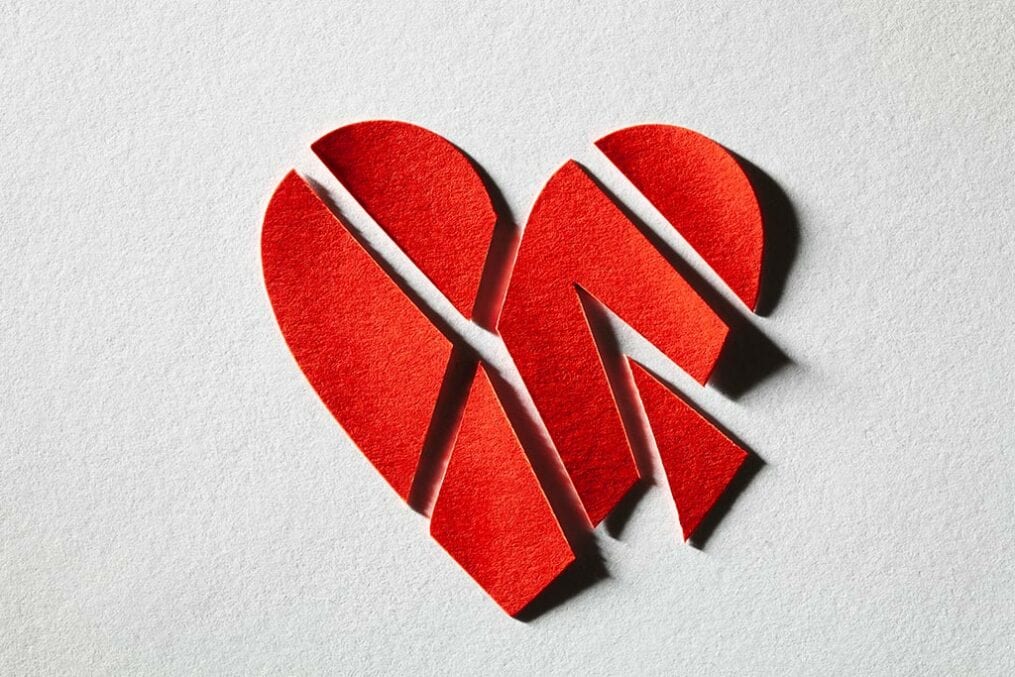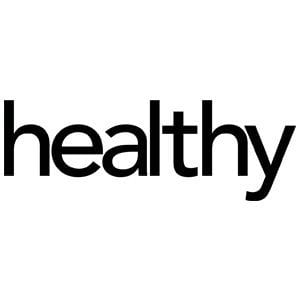Why heart health is a feminist issue

Everyone is more aware of heart disease these days, thanks in part to TV programmes, articles like this, and social media, but there are still a lot of myths about heart health – including the idea that symptoms of heart attacks in women are different to those in men. The reality is that we experience similar symptoms but women are more likely to ignore them and be ignored by doctors. In fact, a woman is 50% more likely than a man to get the wrong diagnosis after a heart attack.
But learning more about the symptoms, risk factors and how to prevent coronary heart disease (CHD) could help bridge the heart-attack gap.
It’s not a boys’ club
It’s a huge misconception that heart disease only affects men. Historically, more men may have been diagnosed with CHD, or show up at hospital having a heart attack, but that’s not because women don’t get CHD. It actually kills twice as many UK women as breast cancer. One reason it’s often missed is because women tend to ‘explain away’ their symptoms.
This could be because they don’t experience heart attack symptoms as intensely as men – their pain might only rate 2-3 out of 10 rather than the 9 out of 10 they’re expecting; they may also put palpitations and shortness of breath down to anxiety or over-exercising, or think they’re too young for CHD. In turn, GPs can ignore symptoms of heart attacks in women and misdiagnose them.
This all means that when women do have a heart attack, they usually arrive at hospital much later than men, with more severe symptoms. Getting the right care is crucial at this point, but several studies show that women are less likely than men to receive potentially life-saving treatments in hospital.
Life after a heart attack is different for women, too. We know women are less likely to attend cardiac rehabilitation services – many have family commitments or are unsure what they’ll get out of the programme – plus they tend not to meet targets aimed at preventing another heart attack, such as reducing cholesterol. However, doctors are also less likely to prescribe drugs, like statins, that can help.
How to lower your risk
While this may sound scary, there’s a lot you can do to tackle CHD. One of the most effective is to reduce high blood pressure. It’s called the ‘silent killer’ because 90% of patients have no obvious symptoms. It’s thought that 2.5 million women in the UK have undiagnosed high blood pressure, so ask your GP to check your numbers.
Reducing your cholesterol is also important, but don’t focus on this single risk factor. Even if you have normal cholesterol levels, you can still develop CHD and have a heart attack. Your family history, diet and smoking all affect your risk, so we should be concerned about this whole cocktail of risk factors, not just cholesterol.
If you think you’re having a heart attack, call 999 straight away. Many women feel they should be invincible, pushing through their symptoms or hoping they’ll go away, but this is the worst thing to do. Taking action as soon as possible could help stop you becoming an unnecessary statistic.
Steps to prevention
You may not be able to prevent misdiagnosis, but lifestyle changes can reduce or eliminate common risk factors.
STOP SMOKING The risk of heart attacks in women is multiplied three-fold for smokers, compared with women who have never lit up, while men have only twice the risk.
CUT DOWN THE CAVA/WINE/GIN Excess alcohol can raise your cholesterol, as well as increasing your chances of developing other conditions that make high cholesterol more likely, such as weight gain and high blood pressure.
EAT LIKE A MEDITERRANEAN A 2016 study found that people following a Mediterranean-style diet – plenty of fresh fish, fruit and veg, nuts and olive oil – were less likely to experience heart attack or stroke.
BE MINDFUL AFTER MENOPAUSE Oestrogen helps protect women’s hearts from CHD. Post-menopause, the body produces less of this hormone, so it’s important to identify and manage your risk factors, such as diet or drinking.
TAKE OMEGA-3S Omega-3 fatty acids help maintain healthy cholesterol levels and healthy heart function. Most of us get enough from eating a balanced diet, but if you’re vegetarian or vegan (so don’t eat fish), you may need more.
KEEP UP THE KEEP FIT Being more physically active reduces your risk of heart and circulatory diseases by 35%. Exercise lowers your blood pressure and cholesterol, and helps keep your weight down.
Dr Kamal Chitkara is a consultant at Royal Derby Hospital and co-author of Complications Of Percutaneous Coronary Intervention.






